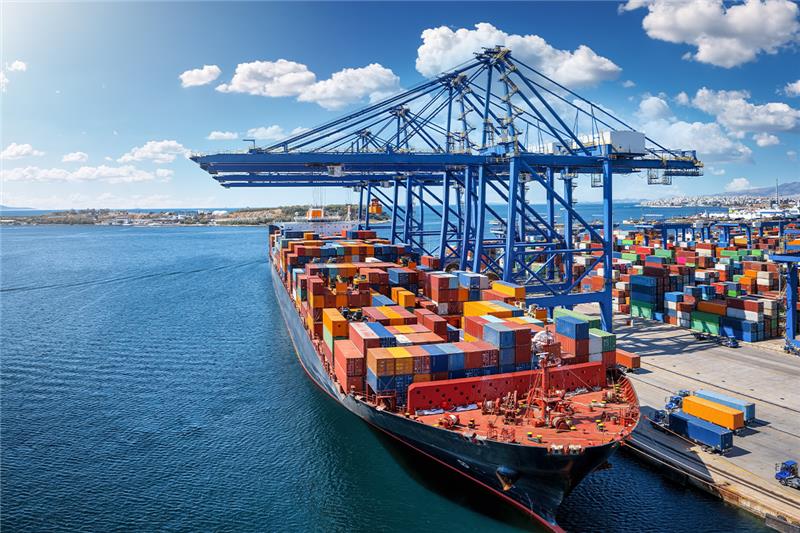Exploring Sustainability, Digitization, and Hyperlocal Logistics in the Nearshoring Boom
The logistics sector is experiencing considerable transformation. Shifts in consumer behavior, fueled by digitalization and a climate of significant geopolitical and economic uncertainty, have prompted companies to reevaluate their sourcing strategies.
Costa Rica has a strategic location to take advantage of its proximity to large markets, such as the United States and Canada, through Nearshoring strategies.
This proximity, together with sustainability, efficient logistics, and solid Free Trade Zone regime, is enabling the country to compete in an increasingly demanding environment.
What trends should Costa Rica leverage for competitiveness in Latin America next year? Here, we explore some of them.
Hyperlocal logistics
One of the key sourcing trends for 2025 is hyperlocal logistics, which represents a radical shift toward proximity in the supply chain. With hyper localization, logistics companies establish distribution centers closer to the end customer, thus shortening delivery times.
This approach not only responds to consumers’ expectations of receiving their products quickly, but also allows companies to better adapt to fluctuations in local demand.
Digitization and automation
In the field of logistics, digitization and automation play a key role in improving efficiency and transparency in the supply chain. The implementation of technologies such as the Internet of Things (IoT), blockchain, and artificial intelligence (AI), enabling companies to optimize processes and anticipate changes in demand as well as to improve the traceability of their products.
Thanks to the automation of repetitive tasks and advanced data analysis, companies are managing to reduce costs and minimize human errors in logistics operations.
For example, AI systems can analyze purchasing patterns and adapt sourcing to these behaviors, while IoT technology enables real-time monitoring of inventories and transportation fleets, providing more comprehensive control over the flow of products.
By 2025, digitalization is expected to be fully integrated into the region’s sourcing strategies, driving a more agile and resilient supply chain in the face of disruption.
Sustainability and responsible sourcing
Sustainability has become a fundamental pillar of modern sourcing. Increasing pressure from consumers and regulators has led companies to incorporate sustainable practices and assess the environmental impact of their logistics operations.
Responsible sourcing involves everything from selecting suppliers that meet ethical and environmental standards, to implementing reverse logistics solutions to reduce waste and foster the circular economy.
In Latin America, efforts towards more sustainable sourcing include the optimization of transportation routes to reduce emissions, the use of recyclable materials, and the adoption of renewable energy in distribution centers.
These practices help companies meet sustainability goals, generate long-term cost savings, and create a more profitable and responsible supply chain.
How are companies in Coyol Free Zone moving towards future trends in Nearshoring?
Companies in Coyol Free Zone are continuing to expand their capabilities to meet the high demand from their markets. They are exploring advanced technologies that could transform supply chains in the coming years. These innovations provide solutions to the logistical challenges they face and help them meet the needs of their customers worldwide.
In addition, they are establishing local capabilities in our industrial park for the development, testing, and production of devices that were previously only available through suppliers outside of Costa Rica, thus improving efficiency .
With an exceptional Life Sciences ecosystem tailored for businesses in Costa Rica, Coyol Free Zone presents ideal conditions for companies to consider investing in the country.
In 2025, investment in innovation, sustainability, and technology will be key to maintaining relevance in an increasingly competitive logistics market, and contributing to the success of the Nearshoring strategy of Costa Rica.

